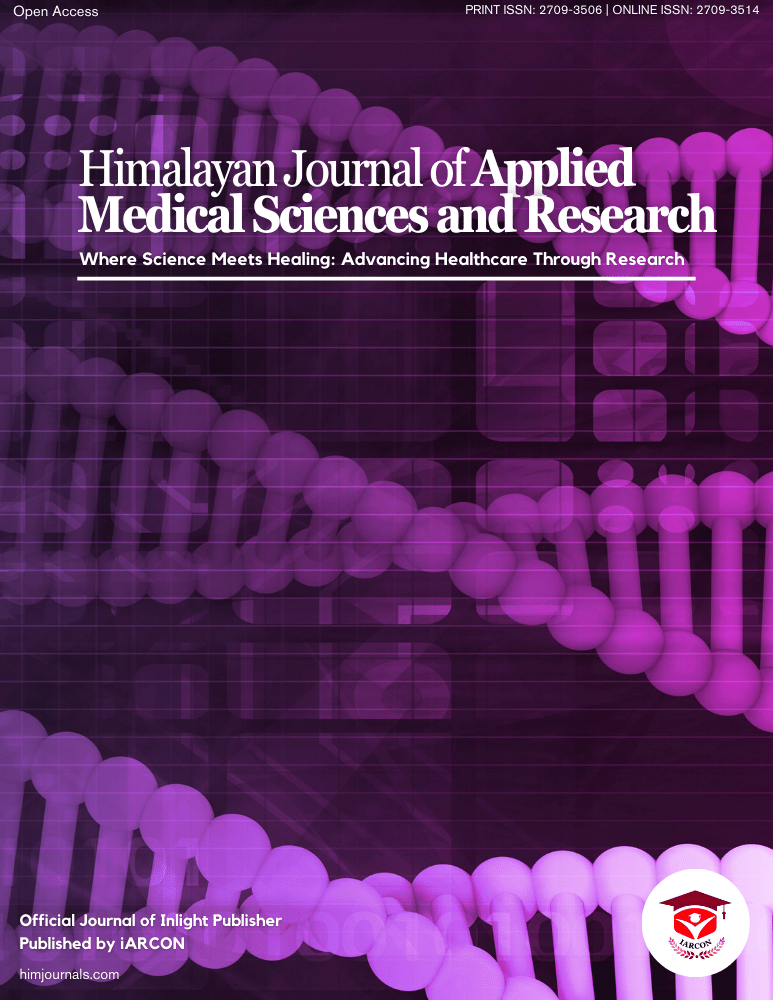This study was targeted towards individuals who had contracted SARS-CoV-2 (i.e., received a positive test result following an RT-PCR or rapid antigen test for the SARS-CoV-2 virus) at any point since the onset of the COVID-19 pandemic. A questionnaire was presented orally to 121 patients at an urban tertiary care center in Bangalore, India, during the period of June 2022. All participants were approached at random and were spread across various medical departments, including but not limited to neurology/neurosurgery, endocrinology, cardiology, hematology, pulmonology, pediatrics, urology, psychiatry, physiotherapy, radiology, urgent care, and general medicine. Participation in the study was voluntary and all attempts were made to present questions and gather data in a neutral, unbiased manner. Additionally, all information was kept anonymous and participants were made aware of this prior to initiating data collection.
Participants ranged in age from 21-65 years at the time of the study and were classified into the following age groups: “Young'' (<=35), “Middle-Aged” (36-50), and “Old” (>=50). Individuals reported having common respiratory symptoms (cough, cold, shortness of breath), non-respiratory symptoms (fever, fatigue, body-ache, headache, loss of taste/smell), gastrointestinal symptoms (diarrhea), and dermatological symptoms (skin rashes and inflammation). Out of 121 individuals, 87% reported being symptomatic and 51.24% had received one or more doses of the available COVID-19 vaccinations [6] prior to infection.
A questionnaire consisting of a mixture of 24 subjective and objective questions was orally presented to each participant. As the goal of this study was to gather information on post-COVID symptoms and complications, and determine whether there were any correlations between, among other things, the presence of long-lasting negative (physical and psychological) health symptoms and prior inoculation with SARS-CoV-2 vaccinations, questions pertaining to the individuals’ lifestyles and prior health status were asked in order to account for confounding variables.
The data gathered through the questionnaire included the following attributes:
Age, gender, first positive test, vaccination status (yes/no, vaccine brand), symptomatic/asymptomatic, symptoms description, severity of illness (1-10), comorbidities, smoking habit (yes/no), visit to doctor (yes/no), doctor visit frequency, self-medicated (yes/no), duration of symptoms, long-term physical health changes (post recovery), post-COVID illnesses, common cold susceptibility (post recovery), pre-COVID fear of COVID, post-COVID Fear of COVID, Loss of Near and Dear to COVID (yes/no), Psychological Health Changes (post recovery).
Chi-squared test, Cramer’s V, and Cochran Mantel Haenszel test were used to study the association between various attributes. Ordinal logistic regression was used to determine the factors affecting severity of the disease.



